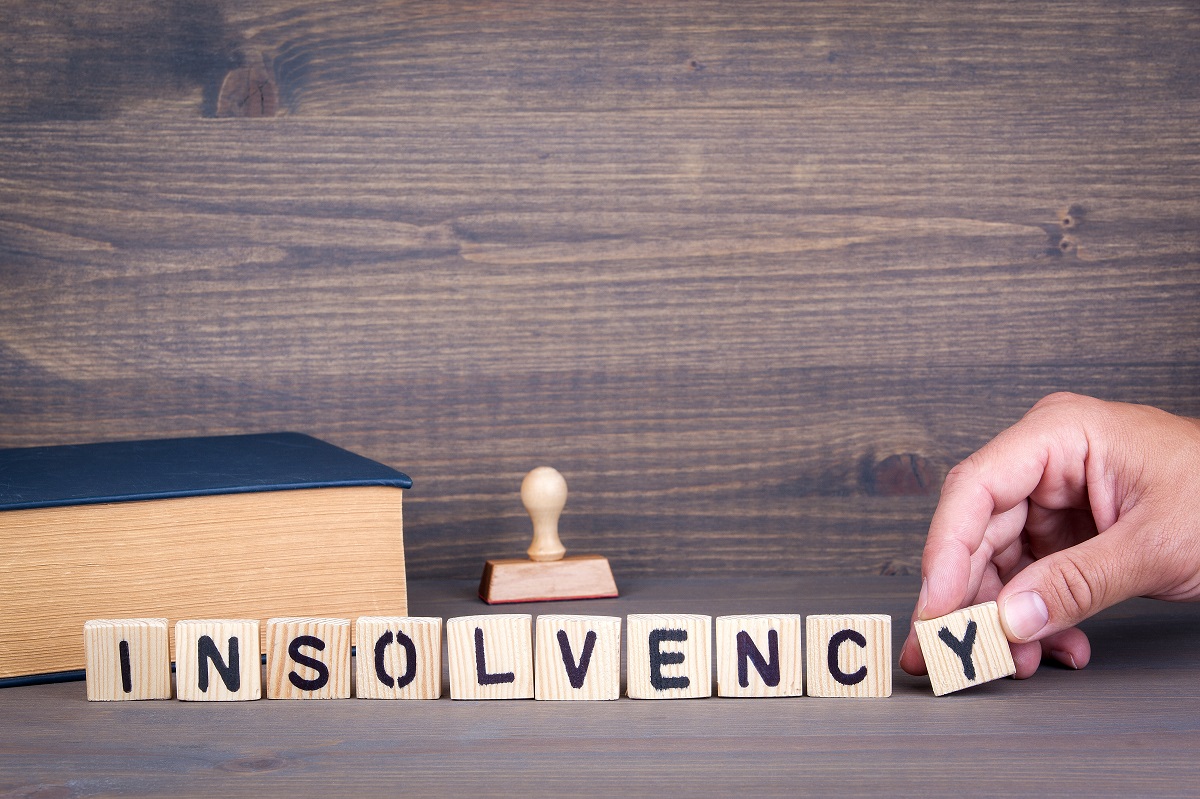See This Report about Insolvency Practitioner
See This Report about Insolvency Practitioner
Blog Article
The Definitive Guide to Insolvency Practitioner
Table of ContentsExcitement About Insolvency Practitioner6 Easy Facts About Insolvency Practitioner ShownTop Guidelines Of Insolvency PractitionerThings about Insolvency PractitionerThe Ultimate Guide To Insolvency Practitioner
Whether you need to make use of a bankruptcy professional (IP) to liquidate your company depends upon various aspects. While engaging an insolvency expert for all types of liquidation is not a lawful need, doing so can commonly streamline the procedure and make certain compliance with lawful requirements. Liquidating a company is a critical choice that comes with substantial repercussions.
It is a treatment utilized when a firm does not have any kind of financial institutions, or all of their financial institutions can be paid off completely with statutory interest. Comprehending the different sorts of insolvency processes can aid you figure out the most effective training course of activity for your firm's liquidation or various other official bankruptcy procedures itself.
This is required in order to follow lawful requirements - Insolvency Practitioner. This is due to the fact that IPs have the necessary certifications and experience to ensure that the liquidation process is performed according to all suitable regulations and policies. By engaging a licensed insolvency expert, you can have comfort understanding that your company's liquidation procedure will certainly be taken care of skillfully and in conformity with the relevant legal requirements
More About Insolvency Practitioner
The bankruptcy specialist is assigned as a liquidator and is in charge of taking care of the company and liquidator's debts outstanding responsibilities and properties. This procedure entails offering off the firm's properties and dispersing the earnings to creditors. Upon completion of the process, the firm is gotten rid of from the register at Business House.
Stopping working to do so can result in individual responsibility for the business or director for the financial institution's financial obligations. Voluntary liquidation, which includes Financial institutions' Voluntary Liquidation (CVL) and Members' Volunteer Liquidation (MVL), is started by the company's directors and shareholders when they can no much longer pay their financial obligations. In a CVL, the bankruptcy professional is assigned as the liquidator, in charge of taking care of business debts and all firm possessions.

Insolvency Practitioner Things To Know Before You Buy
By evaluating the competence and experience of possible insolvency experts, you can guarantee that you choose an expert that has the necessary certifications to manage your company's liquidation procedure successfully. While bankruptcy practitioner-led liquidation is often one of the most ideal course of action for business encountering insolvency, there Get More Info are alternative methods to take into consideration, such as striking off and partial liquidation.
It's important to examine all offered choices before selecting the next ideal service or strategy for your service. Striking off firms' read this article registers is a more straightforward and cost-effective method to shut dormant or little business without any financial debts or properties. To strike off a firm, its name is gotten rid of from the Business House register by submitting form DS01.
Prior to going with striking off, it's vital to evaluate the advantages and disadvantages of this approach and take into consideration whether it's the best choice for your organization. Partial liquidation is one more option to insolvency practitioner-led liquidation, in which a business sells off particular assets and responsibilities while remaining to run with the remaining possessions and obligations.
A Bankruptcy Expert will certainly be able to encourage you of the most effective strategy to take and ensure that whatever runs smoothly. Regrettably, it is not possible to liquidate a company without a liquidator. Selecting an authorized bankruptcy professional is needed for the process of volunteer liquidation to begin.
The 20-Second Trick For Insolvency Practitioner
It is feasible to shut and liquidate your company without using a liquidator, provided your business is solvent and you meet the qualification needs to dissolve or liquidate it. Nevertheless, if your business is financially troubled, you might be required to use a liquidator and start formal bankruptcy procedures. Below are site link a few other helpful posts concerning company liquidation in the UK:.
Remaining in a setting where you're incapable to pay your firm's creditors is very stressful. In an attempt to stay clear of enhancing the level of debt, numerous firms try to negotiate straight with their creditors and consent to a casual setup. If the financial obligation is rather small and owed to one creditor, and the financial institution is being participating, becoming part of an casual financial debt setup is probably the very best option, rather than searching the web for 'an insolvency specialist near me'.
On the other hand, if there are several lenders and the degree of debt is big, lenders may not be so prepared or participating. In order to prevent liquidation or personal bankruptcy, it is better to hire a bankruptcy practitioner to formulate formal propositions and work out with lenders on your part.
What Does Insolvency Practitioner Mean?
Whilst it is a way to handle debt, there are substantial dangers involved with this type of financial debt setup - Insolvency Practitioner. If a creditor is ready to enter right into an informal plan (IA) where the borrower has consented to make normal, if reduced, payments to settle the debt, it is very important to stay with the contract

Consequently, the creditor is within their civil liberties to revoke the arrangement and request the courts for your firm to be liquidated at any type of time. A formal arrangement that has been recommended by a bankruptcy specialist in your place, and concurred by a lender, gives a much more secure choice.
Report this page